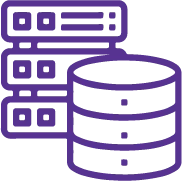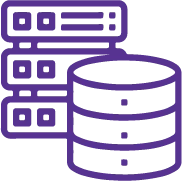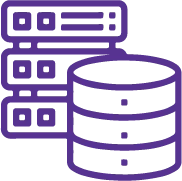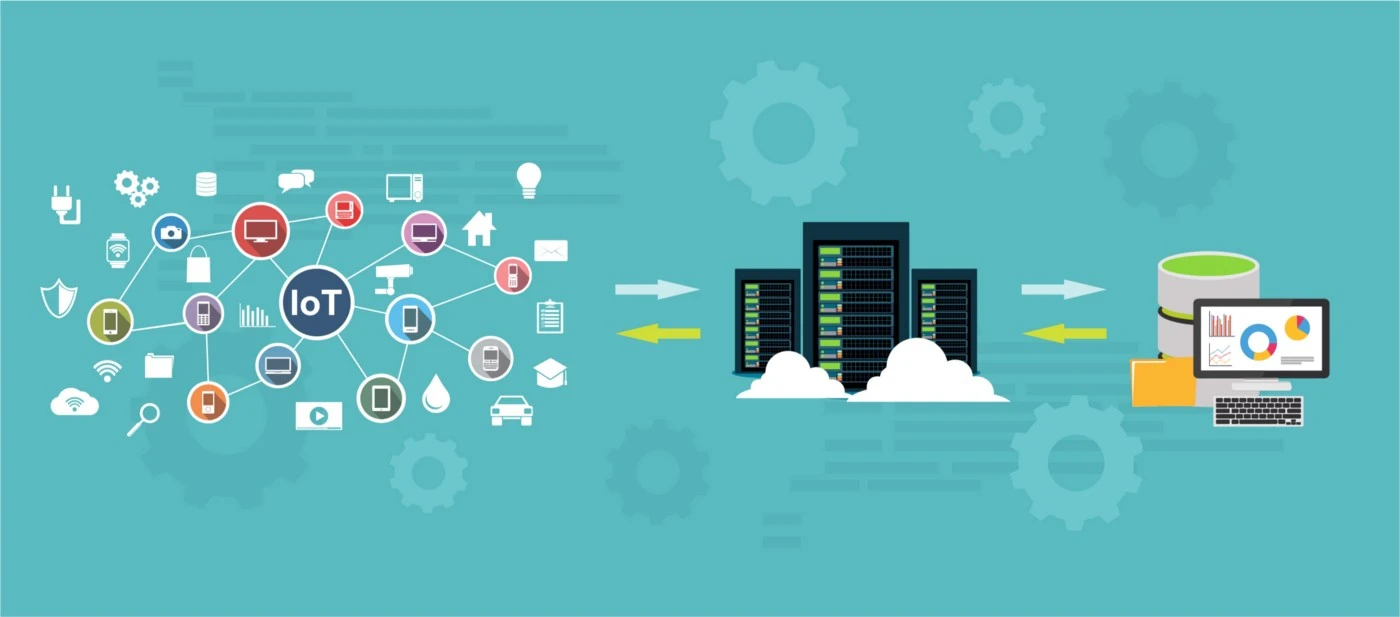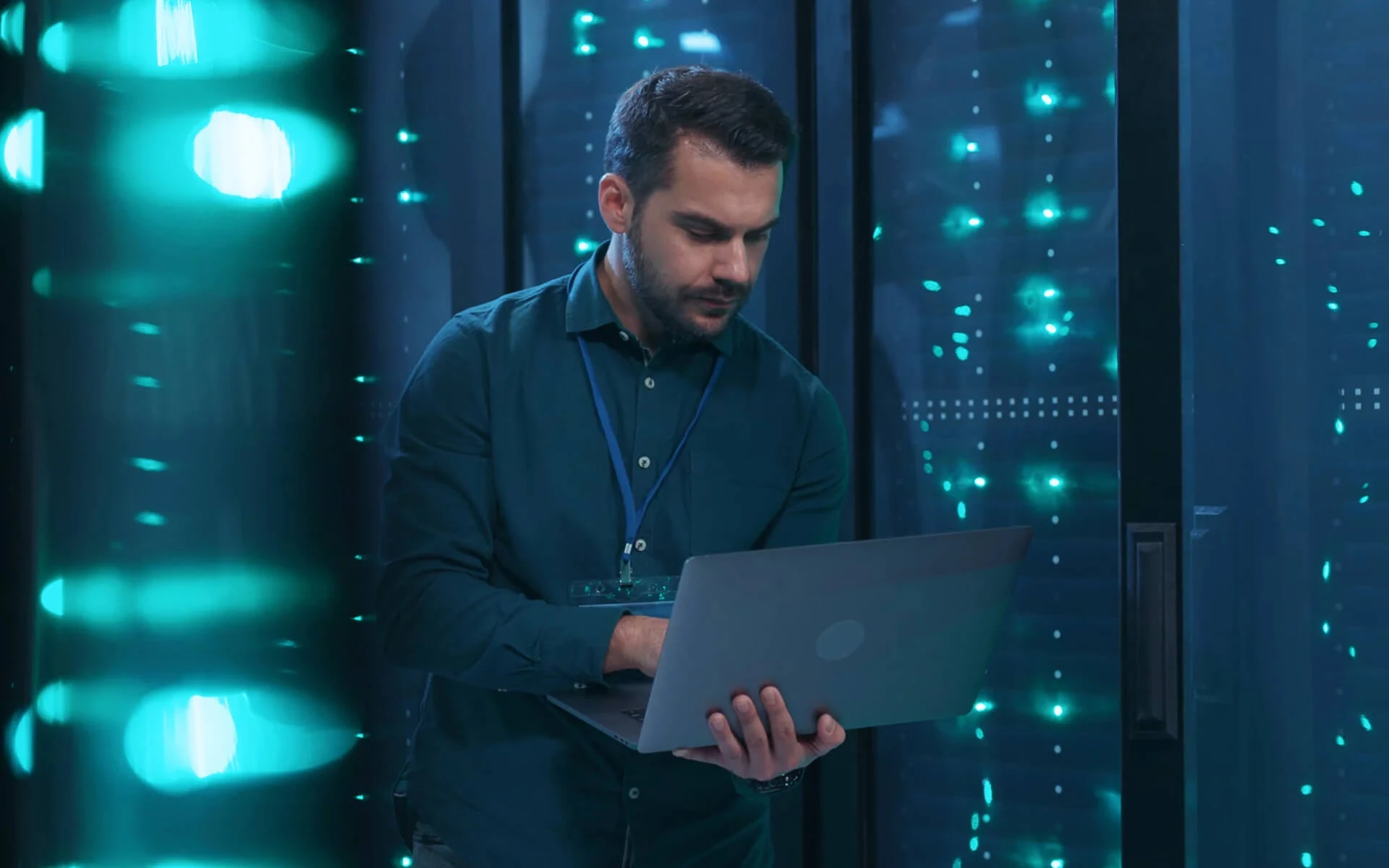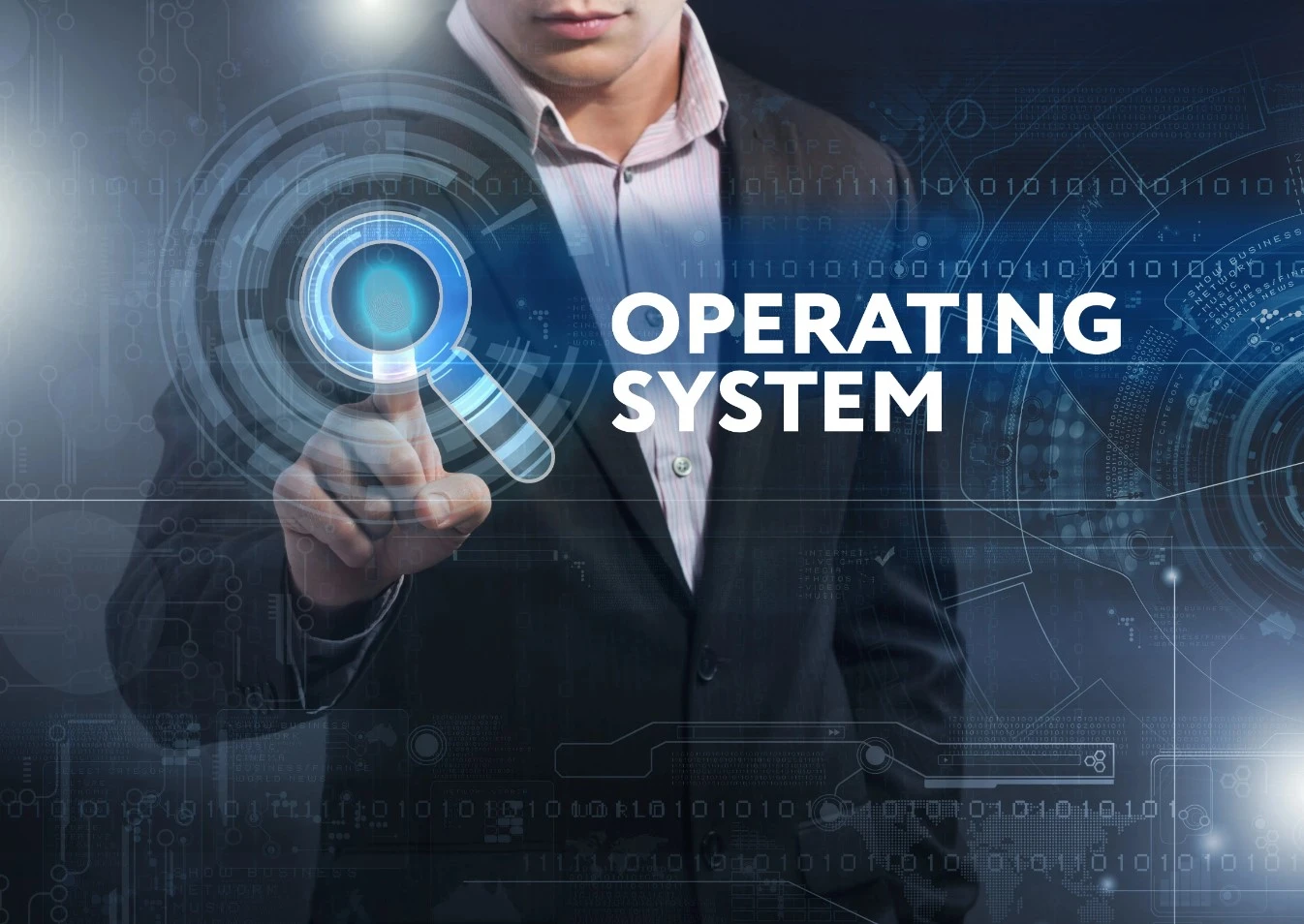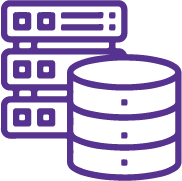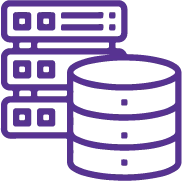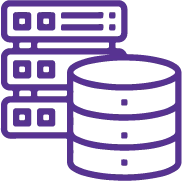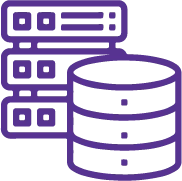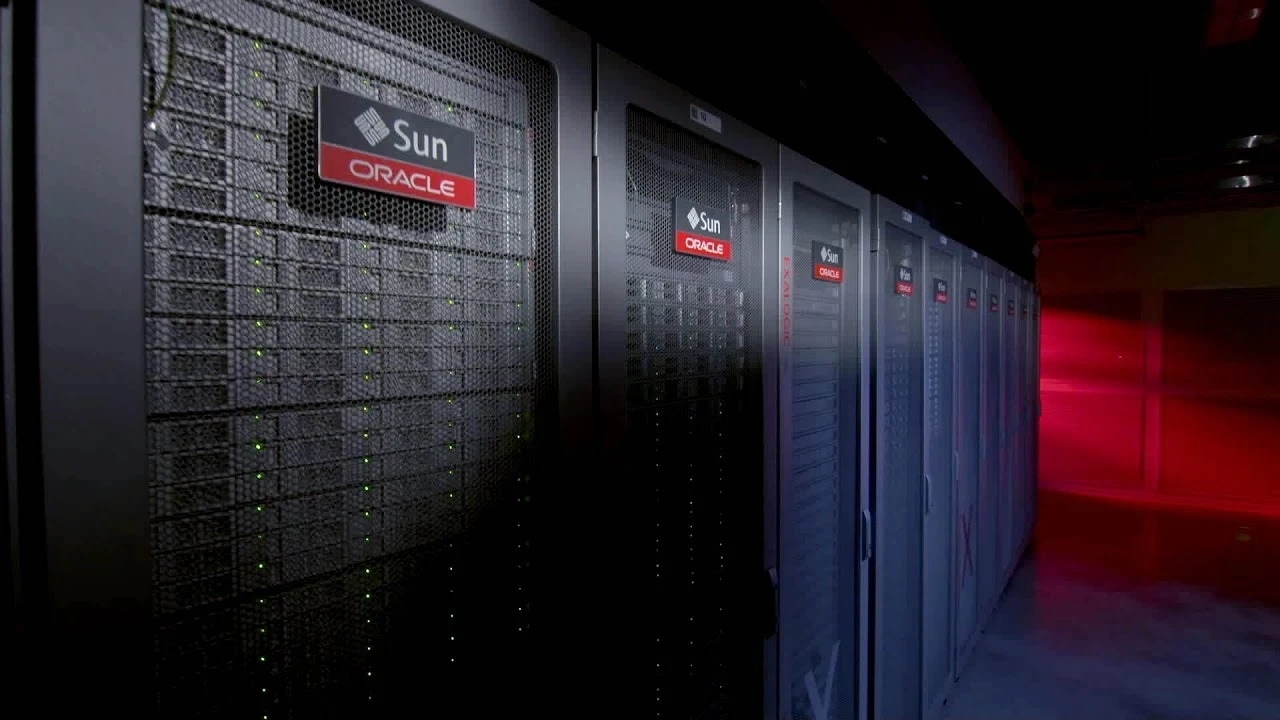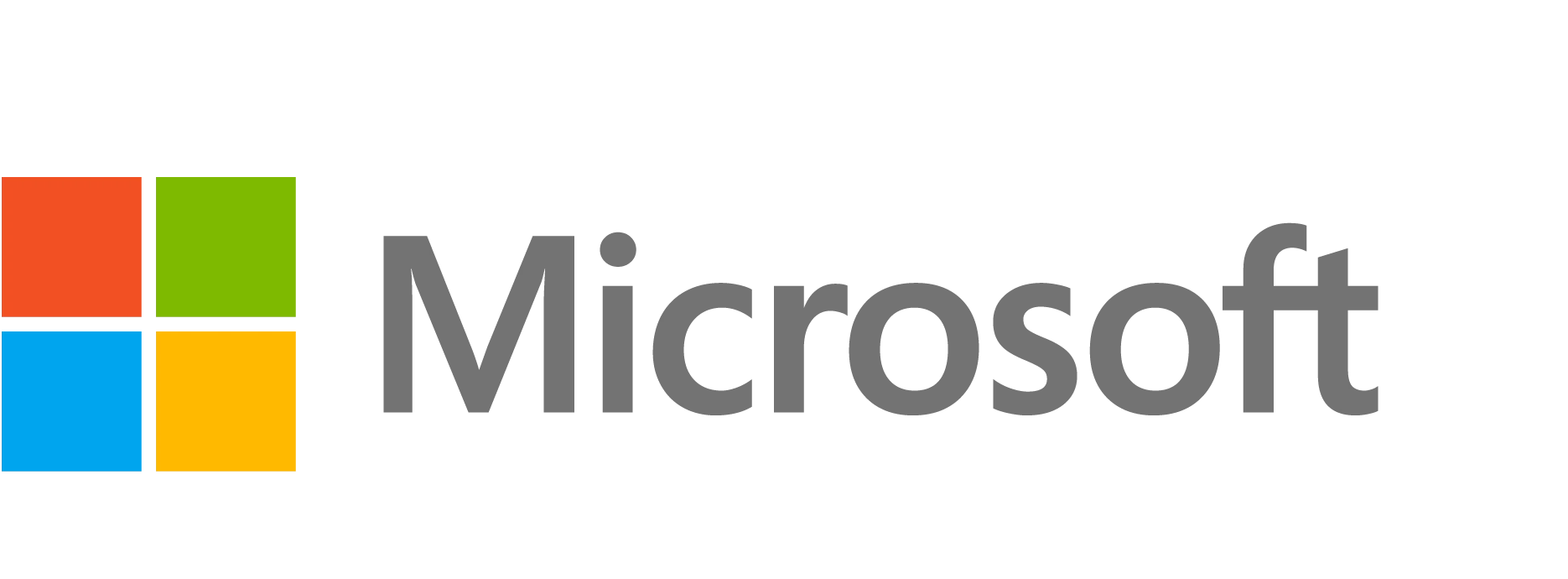This is a one or two-day instructor-led course that provides participants with knowledge and skills to use System Center Service Manager. The course focuses on use of Service Manager with other System Center products after its installation. It also focuses on how IT process activities such as the Microsoft® Operations Framework (MOF) & IT Infrastructure Library (ITIL®) can be performed using Service Manager.
There are two versions of this course: one-day / 9 hours / 540 minutes without Hands-on Labs, and two-day / 18 hours/1,080 minutes with Hands-on Labs. The Course Outline listed here is for the two-day, 18-hour course. The one-day, 9-hour course covers the same presentation material in the same order, condensed to one day as labs are not included.
Objectives
Explain the structure and components of SCSM architecture
Outline Microsoft and Partner solutions that extend SCSM
Define key SCSM and IT Service Management terminology
List and describe the parts of the Service Manager console
List and describe End User and IT Analyst portal capabilities
Describe key SCSM concepts and process workflows
Perform key IT Analyst tasks using SCSM including
Incident, Problem, Change, Release Management
Prerequisites
Before attending this course, students must have:
Experience performing activities with ITIL and MOF processes as an IT Analyst
Experience as a user (not administrator) of System Center Configuration Manager 2007 and Operations Manager 2007 R2 features and functionality
Experience as a user of Active Directory
Experience with deployment, configuration, and troubleshooting Windows®-based computers as an IT Analyst
Audience
This course is intended for IT Analysts who support End Users using Microsoft® System Center Service Manager 2012. This includes Service Desk managers and staff, as well as managers and staff at Tiers 1-4 of support organizations, including IT Operations, Technical Management, and Applications Management functions. The focus is on individuals responsible for managing Incidents, Problems, Changes, IT Assets, and Knowledge and Reporting for their technology streams. Participants should have at least one year of experience with IT Support processes or one or more System Center products (Operations Manager, Configuration Manager).
Topics
Introduction to System Center Service Manager
Tour of the Console and Self-Service Portal
Request Fulfillment
Incident Management
Service Management
Problem Management
Change Management
Release Management
Activity Management
Summary and Wrap
